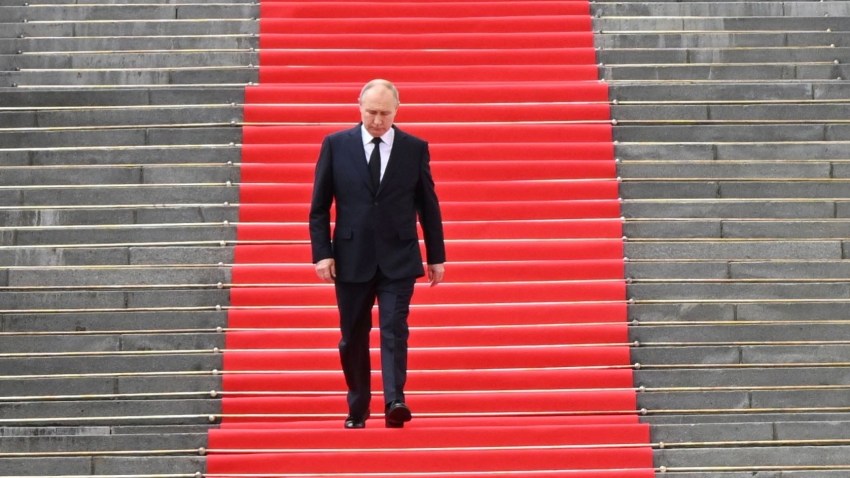After the events of the past decade and a half, you’d think European policymakers and analysts would have become inured to the shock that unprecedented crises can generate. Nevertheless, Yevgeny Prigozhin’s march on Moscow last weekend managed to astound even the most jaded observers of European politics. Though tensions between Prigozhin and the Russian Defense Ministry had been visible for months, the sudden takeover of the southern Russian city of Rostov by Prigozhin’s Wagner private military company on June 24 forced many analysts to reassess their assumptions about the stability of the Russian state.
Rather ironically, recordings of Prigozhin’s threats against Russian Minister of Defence Sergei Shoigu emerged the day before, just as I was compiling some notes on the situation in Russia for this column. In that initial rough draft, I had set out the reasons why, despite all the long-term risks of state collapse in Russia, I thought an internal challenge to President Vladimir Putin’s position was unlikely. Once it became clear that Prigozhin really was willing to send thousands of Wagner troops toward Moscow, I—like many of my colleagues—had to suddenly adjust my assumptions in response to a rapidly changing situation, one whose final outcomes remain unclear days after Belarusian President Alexander Lukashenko brokered a truce between Prigozhin and Putin.
While a brief audio message from Prigozhin and public speeches by Putin seemed to mark the end of this phase of the crisis, much still remains unclear. Putin and Lukashenko have declared that Prigozhin has chosen exile in Minsk, and Putin has offered Wagner’s troops the choice between remaining with the group or integrating into the Russian military. But so far there has been no concrete visual confirmation of anything beyond the return of Wagner’s forces to their bases. While charges of treason against Prigozhin and other Wagner leaders have been dropped by Russian prosecutors as part of a supposed reconciliation process, that process’s chances of success remain unclear.

